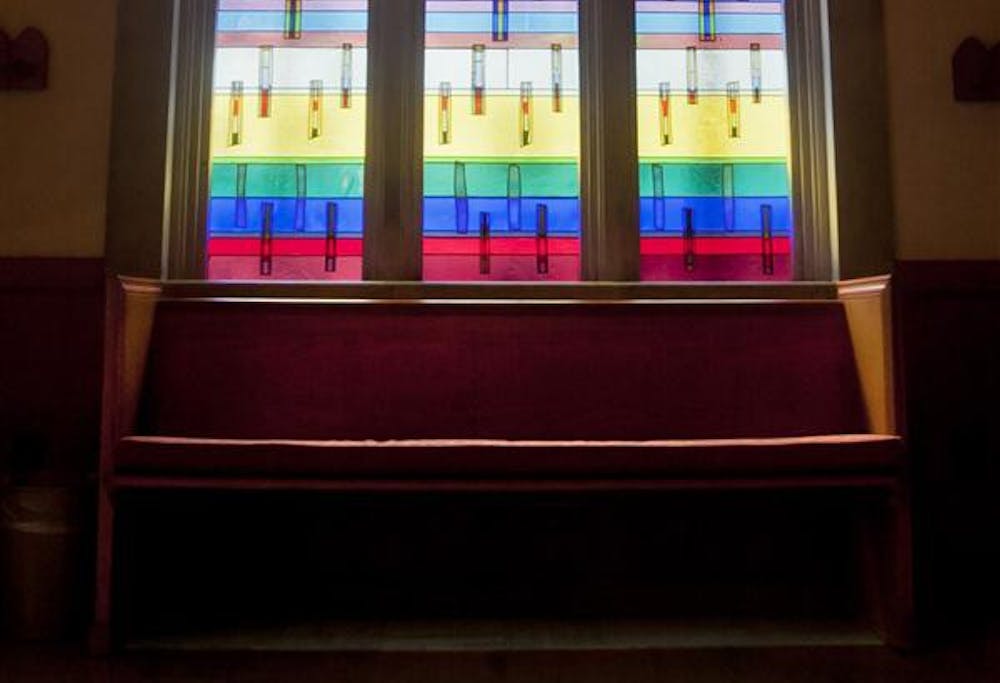Current U.S. tax law states that churches must only have a “recognized creed and form of worship” to be considered tax exempt. Due to this, many exploitative and blatantly immoral organizations have been allowed to take advantage of this and thrive.
Child abuse, financial exploitation, mistreatment of the sick and dying, and forced conversion are just some of the immoral acts religious organizations are guilty of perpetrating and covering up.
“Name me a moral and ethical action that a believer can take that but an unbeliever cannot,” atheist Christopher Hitchens said while debating apologist Frank Turek in 2008.
If this is true, it raises the question of why we award special tax exempt status to religious organizations, particularly those whose immoral actions and practices vastly outweigh their occasional charitable deed.
Catholic priests abused more than 1,000 children in Pennsylvania, according to a report issued by a grand jury in 2018. The abuse was perpetrated by over 300 priests over 70 years. The various religious organizations which were complicit in covering up this abuse continue to hold their tax exempt status.
In Hitchens’ critique of Mother Theresa: "The Missionary Position", he details how she accepted millions of dollars in donations for her medical charities, which supposedly helped those suffering in developing countries. In reality, these facilities were staffed mostly by nuns with little or no medical training – who on many occasions would secretly baptize non-Christian patients without their consent. Meanwhile that tax exempt money went to opening more poorly run facilities that focused primarily on converting people instead of providing medical care.
Not most egregious but still grossly immoral is the financial exploitation done by televangelists, who preach on TV to reach larger audiences and bring in larger donations. These people often preach the “prosperity gospel”, the belief that financial well-being is the will of god. In reality, the financial well-being they are experiencing is the result of the tax exempt donations they receive from followers.
“I had enough money to buy a beautiful Cessna jet. Cash. A few weeks later, I bought another one worth three times that. Cash. Act happy over my blessings, folks,” Televangelist Mike Murdock said on his School of Wisdom TV program. Both of those jets were paid for with tax-exempt money generated from his religious organizations. What is moral and ethical about that?
These activities are not limited to the most fundamentalist churches and denominations. Numerous people have been abused by religious organizations mentally, physically and financially. We will never know the true amount of people who are affected because their tax exempt status also allows them protection from federal audits.
If we are to continue to allow these immoral organizations to solicit donations from working Americans, the least we could do is require them to pay taxes. This money should be taxed, so that at least some good comes from religious abuse. That way, we can ensure some of the money they collect from their followers goes to things everyone can enjoy, such as roads, education, healthcare, community outreach programs and economic development.
Removing the tax exempt status from religious organizations will also free up money for people to donate to nonprofits that are truly concerned about the health and well being of people, regardless of what their religious affiliation is. Objectively immoral practices are commonplace in many religious organizations; for that reason, they should not be allowed to remain tax exempt.
Carter DeJong is a secular humanist studying journalism at IU.






